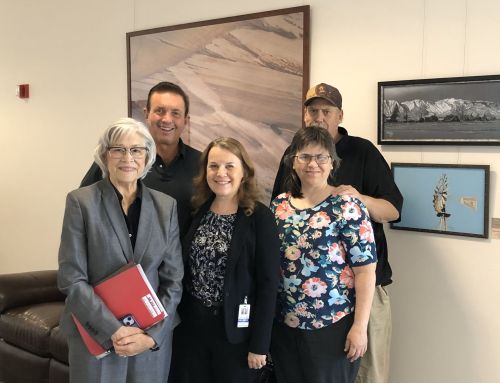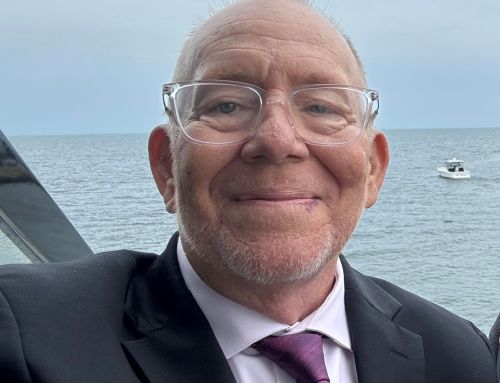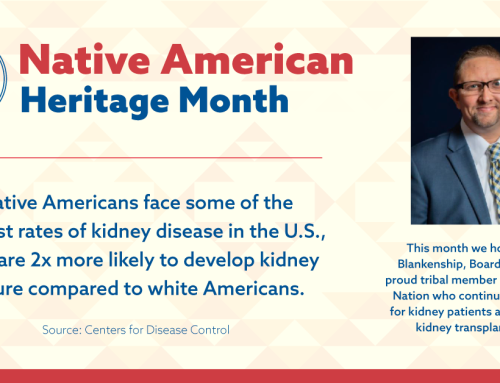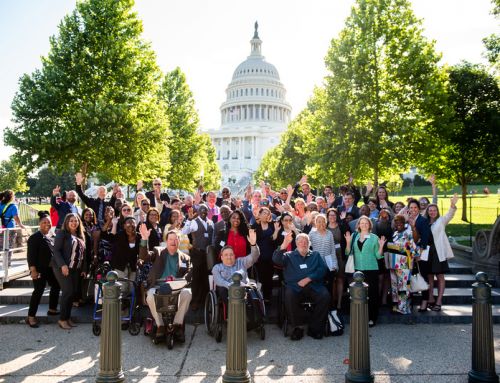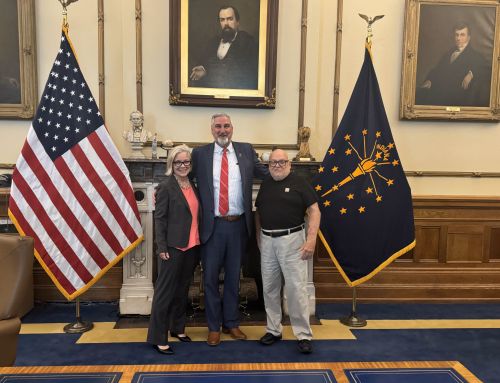DPC recently urged the Department of Health and Human Services (HHS) to ensure that provider networks in new Affordable Care Act health plans offer convenient access to dialysis facilities.
DPC told HHS that “since dialysis patients must typically undergo treatment three times per week, travel to and from a dialysis facility is far more burdensome than travel to physician offices or other sites of care that are visited less frequently. If a health plan limits its network to a single dialysis organization—as we fear some may do, in order to obtain lower prices—patients may not have access to the clinic most convenient to them.”
DPC urged HHS to adopt the California Department of Managed Health Care’s standard of accessibility, which is that care sites be located within 15 miles or 30 minutes travel time of enrollees’ residence or workplace, as the test of network adequacy for dialysis facilities. Such a standard would permit patients to use an out-of-network facility at no extra cost if the in-network facility requires excessive travel time.
Read DPC’s letter to the Center for Consumer Information and Insurance Oversight below:
Gary Cohen, Director
Center for Consumer Information and Insurance Oversight
Centers for Medicare and Medicaid Services
Baltimore, Maryland
Re: 2015 Letter to Issuers in the Federally Facilitated Marketplace
Dear Mr. Cohen:
As America’s largest patient-led organization representing 26,000 dialysis patients and family members, Dialysis Patient Citizens (DPC) strives to improve the quality of life for all dialysis patients through education and advocacy. Thank you for the opportunity to comment on behalf of current and future dialysis patients regarding Chapter 2, Section 3, Network Adequacy, as it pertains to people who will need coverage for end-stage renal disease through an exchange plan.
We are pleased that CMS will be more closely monitoring network adequacy. Many of the health plans being offered through the Federally Facilitated Marketplace use “narrow” provider networks. We recognize that this technique may be utilized to help reduce the cost of care, and that patients can benefit if networks exclude inefficient or low-quality providers.
Our concern with network adequacy lies in the ready accessibility of dialysis facilities to patients. Since dialysis patients must typically undergo treatment three times per week, travel to and from a dialysis facility is far more burdensome than travel to physician offices or other sites of care that are visited less frequently. If a health plan limits its network to a single dialysis organization—as we fear some may do, in order to obtain lower prices—patients may not have access to the clinic most convenient to them.
For example, imagine a dialysis patient living in Princeton, Illinois, a rural community in the western part of that state. The nearest clinic is a Fresenius facility located 15 miles away. But if a health plan contracted only with DaVita, the nearest in-network facility would be 41 miles away. Similarly, for a patient residing in Tampico, Illinois, the nearest clinic is a DaVita facility located 15 miles away, but if a health plan contracted only with Fresenius, the nearest in-network facility would be 36 miles away. The service areas of these two large dialysis organizations do not always overlap in sparsely-populated regions.
As a result, we urge CMS to adopt the California Department of Managed Health Care’s standard of accessibility, which is that care sites be located within 15 miles or 30 minutes travel time of enrollees’ residence or workplace, as the test of network adequacy for dialysis facilities. Using the examples of the rural Illinois patients, the plan should be required to cover treatment in the nearby clinic on the same terms to the patient as it would cover treatment at the in-network facility further away. We should also note that by requiring use of inconveniently located facilities, plans could discourage enrollment of expensive ESRD patients.
If you have any questions or comments, please contact me or our Director of Government Affairs, Jackson Williams.
Yours very truly,
Hrant Jamgochian
Executive Director








